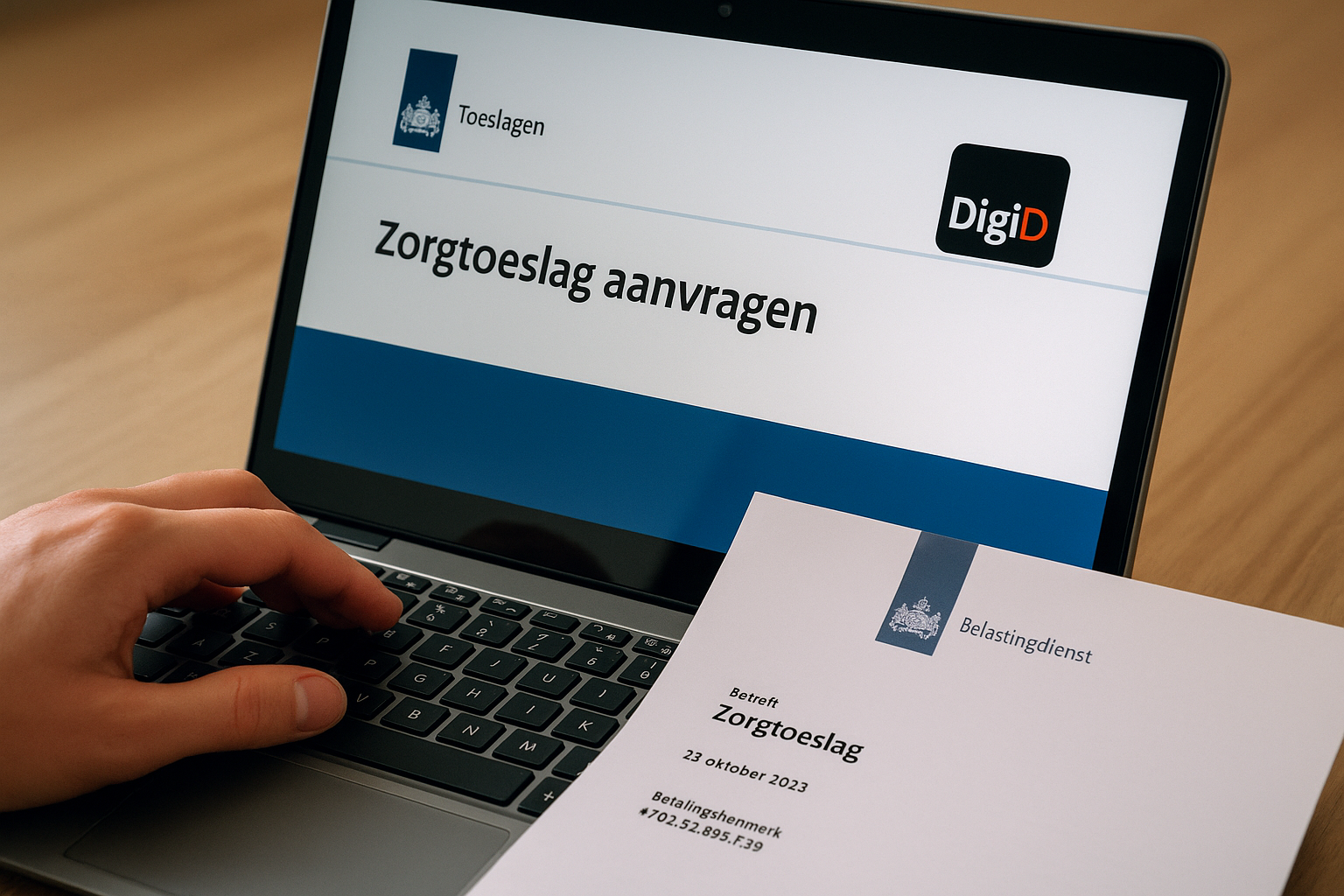Employment Contracts in the Netherlands: What Every EU Worker Should Know
From your first day to your last paycheck – your rights explained
If you’re an EU labor migrant working in the Netherlands, you’ll almost always be employed under a formal employment contract. But Dutch labor law is not always easy to understand — especially when you’re just getting started.
In this guide, we’ll explain the different types of contracts, your legal rights, and what to watch out for before signing anything.
What is an employment contract in the Netherlands?
An employment contract (arbeidsovereenkomst) is a legally binding agreement between you and your employer. It defines:
- Your working hours
- Your salary
- Job responsibilities
- Vacation days
- Notice periods
- Termination rules
Dutch law protects employees strongly. Even if you don’t speak Dutch or are hired through an agency, you still have rights under Dutch labor law.
1. Types of employment contracts
There are several types of contracts in the Netherlands, especially common among EU workers:
🕒 Fixed-term contract (tijdelijk contract)
- Has a start and end date (e.g., 6 months, 1 year)
- Often used for seasonal or temporary work
- May be extended up to 3 times over a maximum of 3 years
- After that, the contract becomes permanent by law if extended again
✅ Tip: Always check the end date and renewal conditions in writing.
🔁 Permanent contract (vast contract)
- No end date
- More job security
- Harder for employers to terminate
- More common after a successful fixed-term period
Most EU workers start on temporary contracts. A permanent contract is usually offered after proven performance or when a company wants long-term staff.
📅 Zero-hours contract (nulurencontract)
- You’re on call, with no guaranteed hours
- You only get paid for hours you actually work
- Common in flexible industries (logistics, hospitality)
💡 You have the right to refuse work if it doesn’t fit your schedule.
⏳ On-call contract with minimum hours (min-max contract)
- Guarantees a minimum number of hours
- Allows additional hours if needed
- More predictable income than zero-hours, but still flexible
✅ After 3 months of working a consistent schedule, you can claim the average number of hours as your legal right.
2. What must be included in your contract?
Dutch law requires all employment contracts to include at least:
| Item | Description |
|---|---|
| Name & address of employer and employee | Who is hiring you |
| Job title and description | What you’ll do |
| Salary and payment cycle | Gross hourly/monthly wage |
| Working hours | Per week, or flexible arrangement |
| Start date and duration | Temporary or permanent |
| Notice period | How long before quitting or termination |
| Trial period | Usually 1 month max (can be 2 for 1-year+ contracts) |
| Vacation entitlement | At least 4× weekly working hours per year (20 days if full-time) |
3. What is the probation or trial period?
Most contracts begin with a trial period (proeftijd):
- 0–1 month for short contracts
- Up to 2 months for contracts longer than 1 year
During this period, both you and your employer can end the contract without reason. But once it ends, normal dismissal rules apply.
4. Notice periods and contract termination
Both you and your employer must follow a notice period when ending a contract:
- Usually 1 month
- May be longer if specified in the contract
- Must be in writing
If your employer wants to terminate your permanent contract, they must usually get permission from the UWV (government agency) or go to court.
5. Dismissal protection and unfair termination
As a worker in the Netherlands, you are protected by law, even on a temporary contract. Your employer cannot fire you:
- Without valid reason (such as misconduct or bankruptcy)
- During illness (unless special approval is granted)
- Because of pregnancy or personal background
If you think your dismissal is unfair, you can contact:
- A lawyer
- The vakbond (labor union)
- The juridisch loket (legal aid service)
6. Working through an agency (uitzendbureau)
Many EU workers are hired via temporary work agencies (uitzendbureaus). This means:
- Your contract is with the agency, not the company where you work
- The agency pays your salary and provides payslips
- Your rights are based on the “ABU” or “NBBU” collective agreements
💡 Even in agency work, you are entitled to:
- A written contract
- Equal pay compared to direct employees
- Paid holidays and sick leave
- Social security contributions
7. What about working without a contract?
You should never work without at least a written agreement. Verbal contracts are technically valid, but provide little legal protection.
Working informally (black market) is illegal, and can result in:
- No access to health insurance or tax benefits
- No protection if something goes wrong
- Legal fines for both you and the employer
If your employer refuses to give you a contract, that is a red flag — and you should seek advice immediately.
8. What to do before signing
Always check your contract carefully — even if it’s in Dutch. If needed, ask someone to help you translate.
✅ Check:
- Is the wage correct?
- Are the hours guaranteed?
- What happens during illness?
- Is there a trial period?
- Are all agreements written down?
You can request a translated version or clarification — it’s your right.
9. Payslip and minimum wage
Once you start working, your employer must give you a monthly or weekly payslip, showing:
- Gross wage
- Tax deductions
- Social contributions
- Net wage
- Number of hours worked
In 2025, the legal minimum wage for full-time workers (21+) is about €2,100 per month gross. For part-timers or younger workers, the rate is adjusted.
📎 Tip: Always keep your payslips for tax and housing purposes.
Summary: Key facts about Dutch employment contracts
| Topic | What to know |
|---|---|
| Contract types | Temporary, permanent, on-call, zero-hours |
| Trial period | Max 1–2 months |
| Minimum wage | Set by law – €2,100+ for full-time 21+ |
| Vacation | At least 20 paid days (full-time) |
| Termination | Must follow written notice period |
| Agency work | Legal rights still apply under ABU/NBBU |
| Working without contract | Risky and illegal |
Final tips for EU workers
- Don’t rush — read before signing anything
- Save all documents and payslips
- Ask questions — you are legally protected, even as a foreign worker
- Never assume that your rights are limited just because you’re new
Need help?
PortRomania helps EU migrants understand and protect their rights in the Dutch labor market. Need help reviewing a contract, checking your wage, or understanding your payslip? Reach out — we’re here for you.





Post Comment
You must be logged in to post a comment.